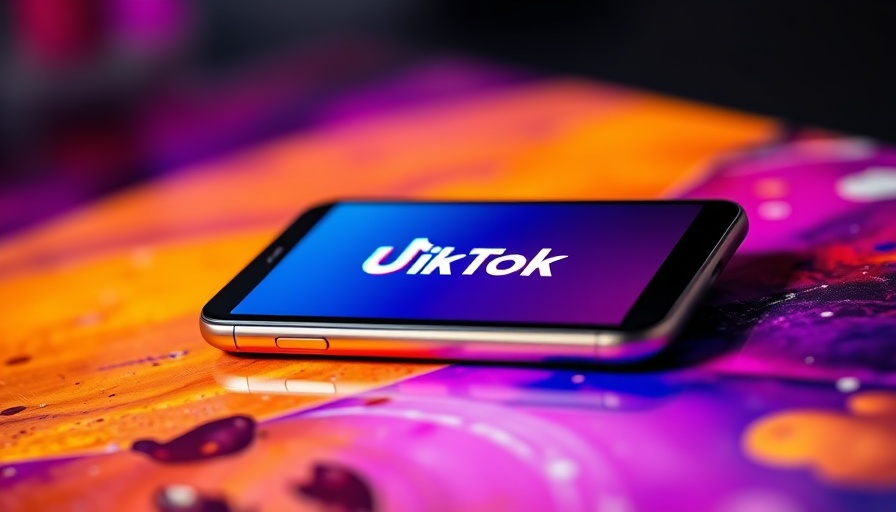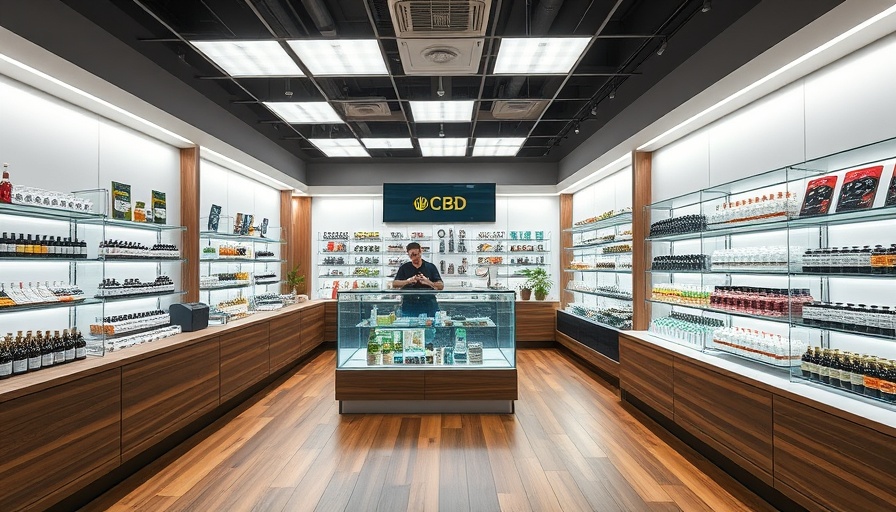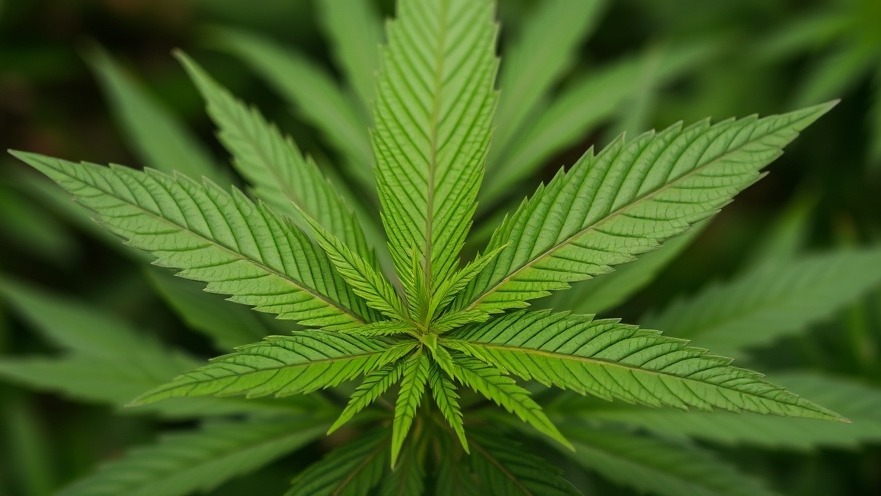
Understanding Social Media's Influence on Teen Body Image
Social media has transformed the way we communicate and share our lives, particularly among teenagers. Platforms like TikTok and Instagram can be entertaining, informative, and even supportive—however, they can also distort body image perceptions and lead to unhealthy behaviors. A recent case with TikTok's ban of the #skinnytok hashtag highlights this critical issue. This hashtag was associated with content promoting dangerous weight loss tactics, ultimately affecting how teens perceive their bodies and self-worth.
The Impact of Unchecked Influences
With millions of views on TikTok, teens are likely to encounter videos that set unrealistic beauty standards. As Dr. Michelle Bowden from LeBonheur Children’s Hospital explains, teens’ brains are still developing, particularly the areas responsible for decision-making. This immaturity makes them more susceptible to the negative influences found on social media.
Health Risks Linked to Influencers
Many teenagers turn to social media for health and fitness advice. However, they must be cautious about following influencers who often lack professional qualifications. Dr. Bowden emphasizes that it’s essential to verify the credibility of advice given by social media personalities, as many do not disclose their credentials. Informed decisions are crucial, especially when health is at stake.
Building Resilience Against Negative Pressures
To combat the adverse effects of social media, it’s vital for teens and parents to develop media literacy skills. Understanding that social media often portrays curated content can help individuals realize that what they see is not an accurate representation of reality. Encouraging open discussions about social media’s impact can empower teens to question and critically analyze the content they consume.
Promoting Positive Body Image
Parents and educators should foster environments that celebrate diversity in body shapes and sizes. It’s important to provide teens with role models who promote body positivity, celebrate various forms of beauty, and encourage self-acceptance. Programs like workshops and seminars discussing body image can be instrumental in promoting self-love among adolescents.
Looking Forward: Trends in Social Media Safety
As awareness grows around mental health and body image issues linked to social media, technology companies are beginning to take action. TikTok’s ban on #skinnytok is a step towards creating a safer digital environment for young users. Moving forward, continuous advocacy will be necessary to address the influence of harmful trends on social platforms.
Taking Action: What You Can Do
If you’re a parent or guardian, take initiative by discussing social media's effects on mental health with your children. Encourage them to think critically about the content they engage with and promote self-care routines that reinforce positive body image and mental well-being.
In conclusion, the relationship between social media, mental health, and body image among teens is complex and multifaceted. Understanding its implications can lead to more responsible usage patterns and healthier perspectives toward body image.
 Add Element
Add Element  Add Row
Add Row 



 Add Row
Add Row  Add
Add 


Write A Comment